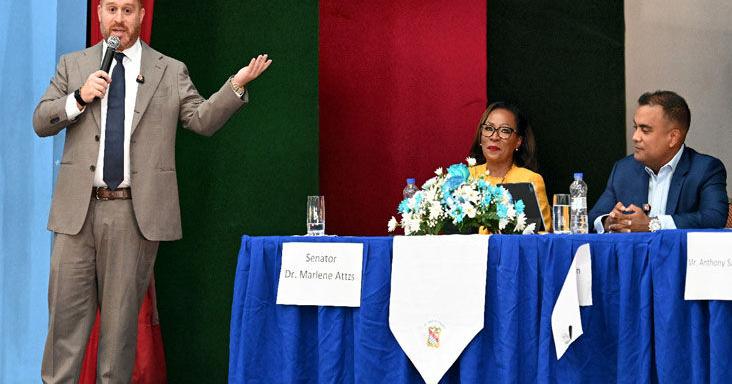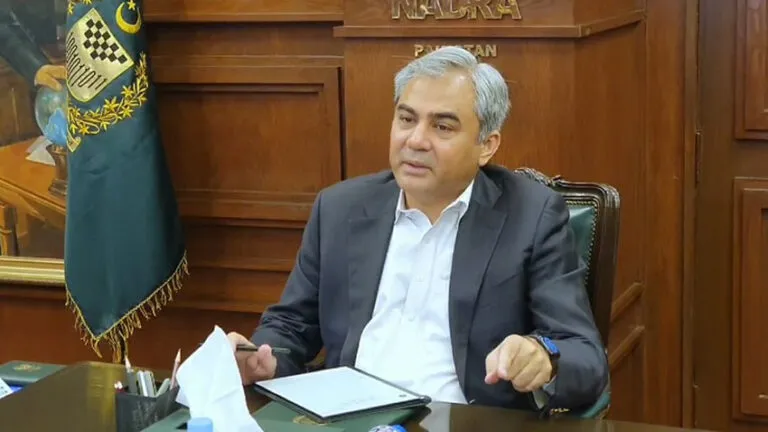Copyright trinidadexpress

THE National Gas Company of Trinidad and Tobago Ltd (NGC) said yesterday that it has secured alternative arrangements to supply carbon dioxide (CO2) to Massy Gas Products Ltd, the country’s main distributor of CO2 to domestic users and food and beverage industry customers, in a move aimed at averting potential disruptions and easing public and commercial concern. On Thursday, Nutrien shut down its Trinidad Nitrogen operations at the Point Lisas Industrial Estate, as previously announced, despite being granted permission on Wednesday to continue using the ports until the end of the year. As a result 600 jobs were put on the line. The shutdown came amid a dispute with the National Energy Corporation (NEC) over $190 million (US$28 million) in alleged retroactive port fees dating back to January 2021. “NGC has taken notice of this development and has been actively coordinating with key stakeholders to make available an alternative supply of CO2 to Massy. These companies include the Proman Group and Plipdeco. Through negotiations, Proman has committed to supply an equivalent volume of CO2 to that previously supplied by Nutrien and has agreed to maintain the pricing that was charged by Nutrien. We therefore do not expect any increase in prices paid by customers,” NGC stated. NGC said to facilitate this new alternative supply to Massy, the engineering pipeline tie-ins required are being presently installed. “This is expected to be completed and fully commissioned, by the latest, Monday 27th October 2025. Plipdeco has expeditiously granted all permits and approvals to accelerate the completion of these works. Massy has assured that there is currently adequate available CO2 stock to meet domestic demand until completion of the switch over,” it stated. “It is unfortunate and regrettable that Nutrien was indifferent to the hardship and adverse consequences that could have been suffered by domestic users and customers of CO2 as a result of its decision to shut down its operations. Thankfully these potential impacts have been averted by the cooperation and meaningful dialogue and teamwork of those more patriotic,” NGC stated. NGC said communication has been ongoing with beverage manufacturers and other domestic users and customers to keep them informed of these developments to “allay any fears and hysteria caused by misinformation placed by mischief makers in the public domain.” “NGC will continue to work with all stakeholders to secure the interest of our citizens and future viability and success of our energy sector,” it stated. Group chief executive officer of ANSA McAL, Anthony N Sabga III, yesterday described the Nutrien closure as “unfortunate”. “Any exit of economic activity and anything that could result in job losses is unfortunate. I am hoping that some level of good sense could prevail and other alternatives could present itself,” Sabga said. He welcomed the discussions to find an alternative for the fallout that would have been experienced due to Nutrien’s shutdown. Sabga made the comments following St Mary’s College Business Department and Past Students’ Union post-budget panel discussion at CIC Centenary Hall in Port of Spain. Economist Dr Marlene Attzs said the Nutrien closure would have far-reaching impacts. “It’s going to have an impact on employment, it’s going to have an impact on fertilising cost and how that can then have a multiplying effect in terms of persons who use fertiliser and also an impact on the cost of living,” she said. Attzs expressed her hope that the matter would be resolved “in the best interest of Nutrien and the country.” “Given our challenges, we can really ill afford to have another layer of challenges, particularly in the area of foreign exchange and anything that can impact on the cost of living for the average citizen of Trinidad and Tobago,” she said Attzs underscored the importance of diplomacy, adding that “hopefully good sense will prevail and the appropriate amount of diplomacy would in fact be exerted to ensure that neither Nutrien nor the people of Trinidad and Tobago are severely disadvantaged from this situation.”



